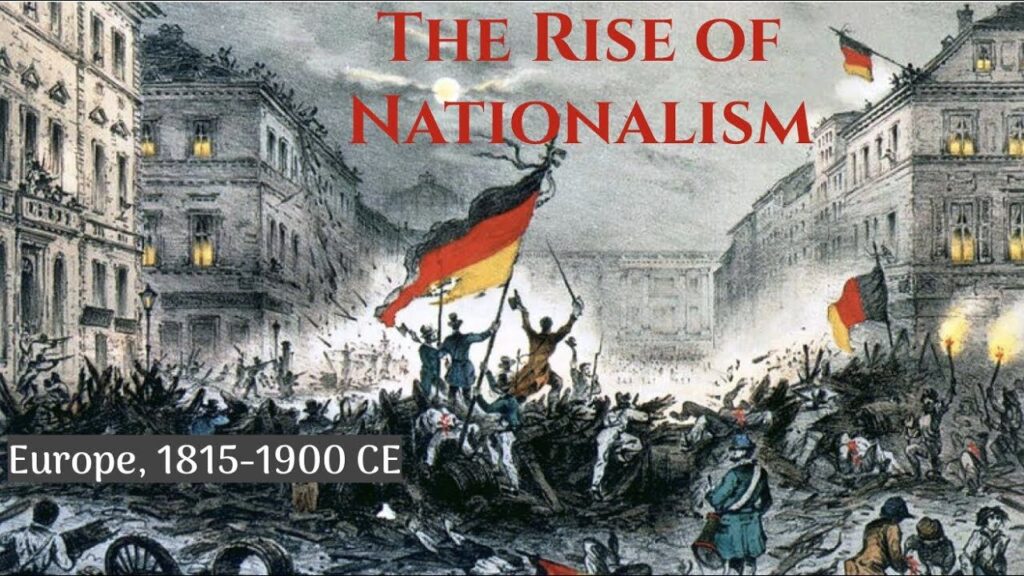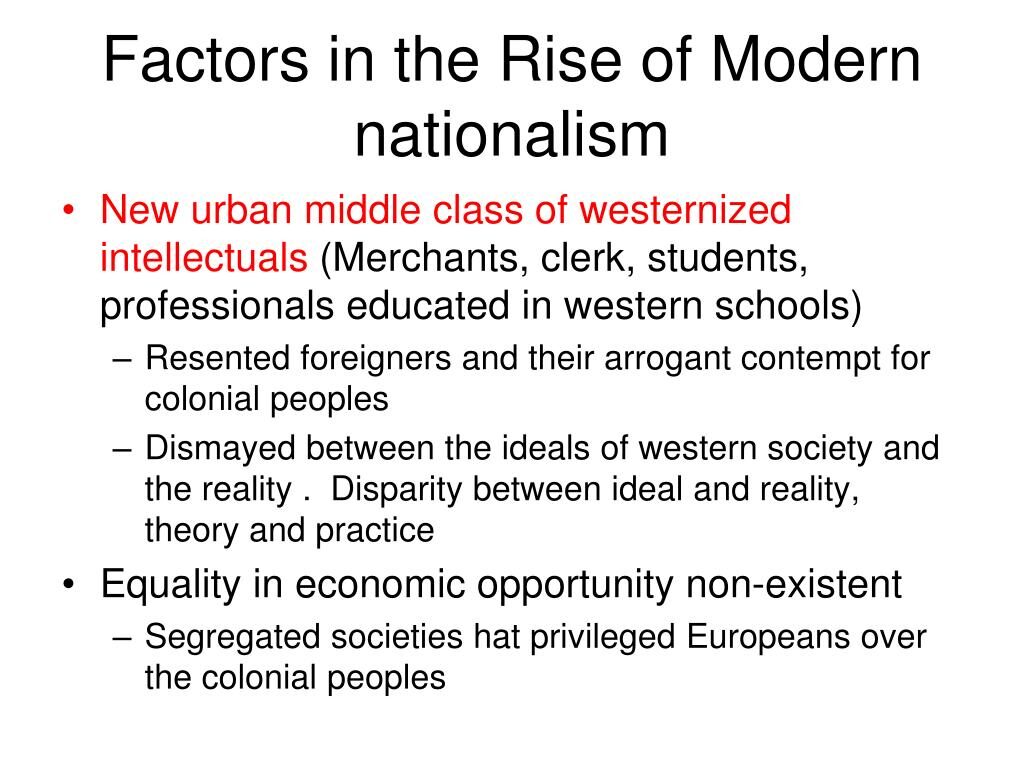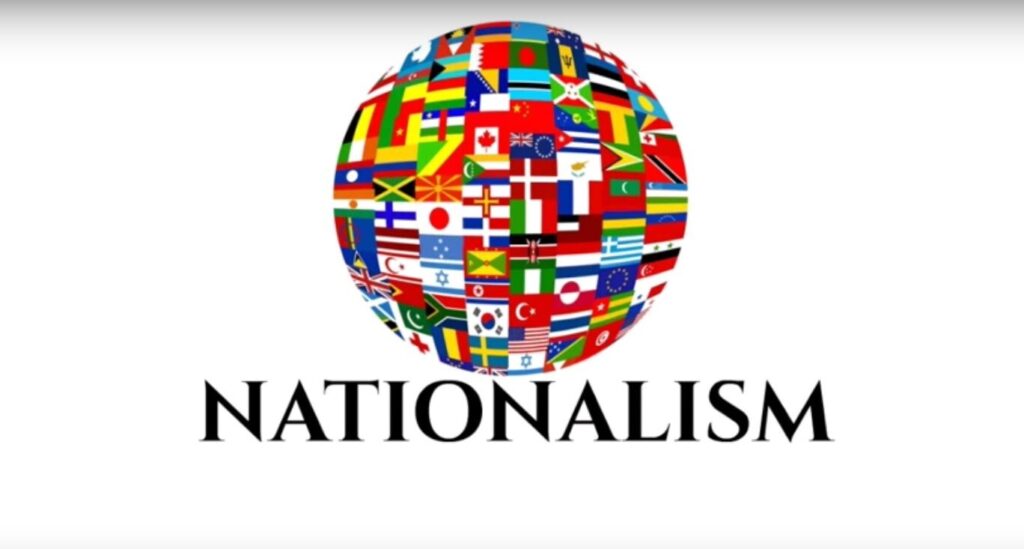The 19th century was a period of immense change and upheaval, and one of the most significant forces driving this transformation was the rise of nationalism.

Read More: Korean Celebrities Who Started as Child Actors
This powerful ideology, which emphasizes loyalty and devotion to a nation, reshaped the political landscape of Europe and the world, leading to the unification of some states and the fragmentation of others.
What is Nationalism?
At its core, nationalism is the belief that a group of people who share a common language, culture, history, and territory constitute a nation, and that this nation should be the primary focus of their loyalty and identity.

Read More: The History of the Internet: From ARPANET to the World Wide Web
This sense of national identity can be a powerful unifying force, fostering a sense of belonging and shared purpose. However, it can also be a source of conflict, as different nations compete for resources and power.
Factors Contributing to the Rise of Nationalism
Several factors contributed to the rise of nationalism in the 19th century:

Read More: The History of Travel: From Footpaths to Flight
- The French Revolution: The French Revolution (1789-1799) played a pivotal role in popularizing the concept of nationalism. It promoted the idea of popular sovereignty and the right of nations to self-determination, inspiring nationalist movements across Europe.
- The Napoleonic Wars: Napoleon’s conquests spread the ideals of the French Revolution throughout Europe, inadvertently fueling nationalist sentiments in the conquered territories. People began to see themselves as members of distinct nations with unique cultures and histories, resisting French domination.
- The Industrial Revolution: The Industrial Revolution led to increased communication and transportation, which helped to break down regional barriers and foster a sense of national unity. The growth of cities and the rise of a national press further contributed to the spread of nationalist ideas.
- Romanticism: The Romantic movement in art and literature emphasized emotion, individualism, and the unique spirit of each nation. This cultural movement helped to create a sense of national identity and pride.
The Impact of Nationalism
The rise of nationalism had a profound impact on the 19th-century world:

- Unification of Nations: In some cases, nationalism led to the unification of divided territories into new nations. The most prominent examples are the unification of Italy (1861) and Germany (1871).
- Fragmentation of Empires: In other cases, nationalism led to the breakup of large, multi-ethnic empires. The Austro-Hungarian Empire and the Ottoman Empire, for instance, faced growing nationalist movements among their diverse populations, which eventually led to their disintegration in the early 20th century.
- Colonialism and Imperialism: Nationalism also played a role in the European colonization of Africa and Asia. European powers sought to expand their empires to increase their national prestige and economic power.
- International Conflicts: The intense competition between nations, fueled by nationalist sentiments, contributed to a series of international conflicts, culminating in World War I.
Conclusion
The rise of nationalism in the 19th century was a transformative force that reshaped the political map of the world. It led to the creation of new nations, the fragmentation of empires, and a series of international conflicts. Nationalism continues to be a powerful force in the 21st century, shaping political events and international relations. Understanding its historical roots is crucial for comprehending the world we live in today.


